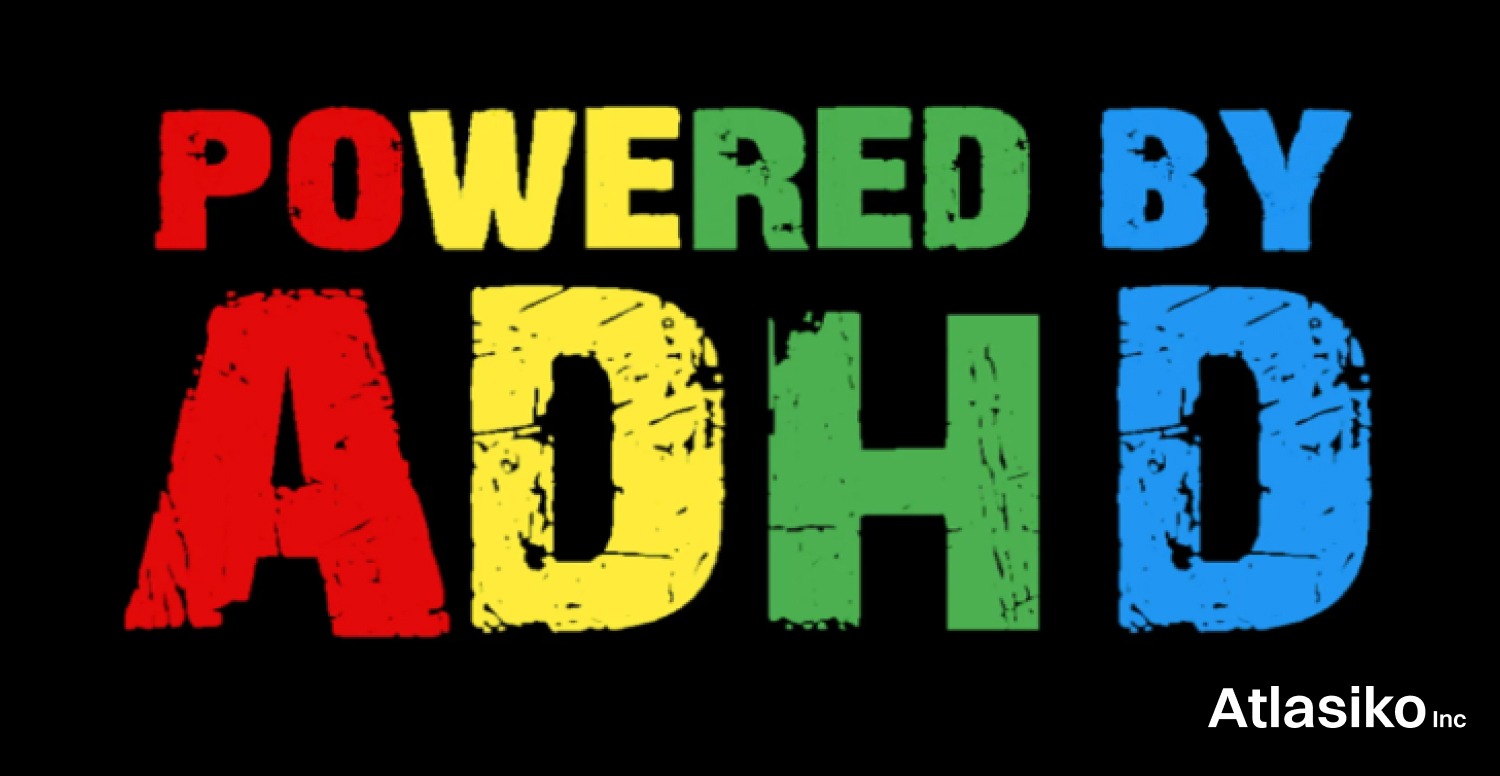The rise of ADHD tech solutions can be attributed to several factors, including the pandemic, increased exposure to ADHD-related content on social media platforms like TikTok, and the pervasive use of smartphones. So, nowadays ADHD tech methods are gaining momentum.
According to recent statistics, there were between 139.84 million and 366.33 million ADHD affected adults throughout the world in 2020. Adults with ADHD lose an average of 22 days of effectiveness each year. The United States saw a 42% growth in childhood ADHD discoveries between 2003-2011. The mental health space, which includes ADHD, has been on the rise for the last years. Venture capitalists invested $1.4 billion in the European mental health sector in 2021 noted in Dealroom data. Nonetheless, financing decreased to 354 million previous year due to VCs experiencing recessions.
One company, London-based HelloSelf, matches patients with certified therapists and covers a variants of mental health conditions, including ADHD. From New York, Inflow, an app that claims to help members manage ADHD through Cognitive Behavioral Therapy (CBT)-based support, raised an $11M Series A round run by Octopus Ventures. Centered, a desktop app, produce AI voice mentors to help ADHD sufferers stay concentrated, with Pomodoro timers and calendaring. Besides, they can have "Buddy Sessions" between individuals and ADHD coaches for productivity.
Ukrainian-based startup Numo is an app for adults with ADHD that supplies users with daily tasks in game form and provides support.
Healios got a £7 million ($9.9M) Series A round to enlarge its platform across the UK.
Now, Sidekick, a "productivity browser" founded by Dmitry Pushkarev (a Stanford Ph. D. in Molecular Biology) is launching a host of benefits aimed towards ADHD victims and individuals with attention difficulties. Sidekick was part of the 2020 Y Combinator cohort and lifted $2M in a round led by Kleiner Perkins in March 2021. The company states users with ADHD saw a "significant improvement" after utilizing the browser.
To overcome distractions, the browser contains AdBlock 2.0; a Focus Mode Timer that disables all sounds, badges, and notifications for a particular time or for non defined time; and a Task Manager that arranges your day. There is also a built-in Pomodoro timer, and Sidekick recognized to run three times faster than Chrome, which is important for ADHD users without doubts. The browser has additional anti-distraction tools.
CEO & Founder Dmitry Pushkarev said in a statement, "Modern browsers are not designed for work, but for consuming web pages. This gap really hurts hundreds of millions of users. We are convinced that lowering web distraction reduces anxiety and increases the quality of people’s work and the quality of their lives." Sidekick plans to make money through corporate subscribers, who will give funds to get their ADHD-afflicted workers into a more effective way.
While Sidekick has competitors in the attention-reducing browser space, including Arc, Brave, and Vivaldi, its attention to ADHD may win it a valuable niche, given the apparent pandemic of ADHD sufferers.
Overall, we can come to the conclusion that ADHD tech solutions decrease the impact of the disorder and facilitate everyday life.







